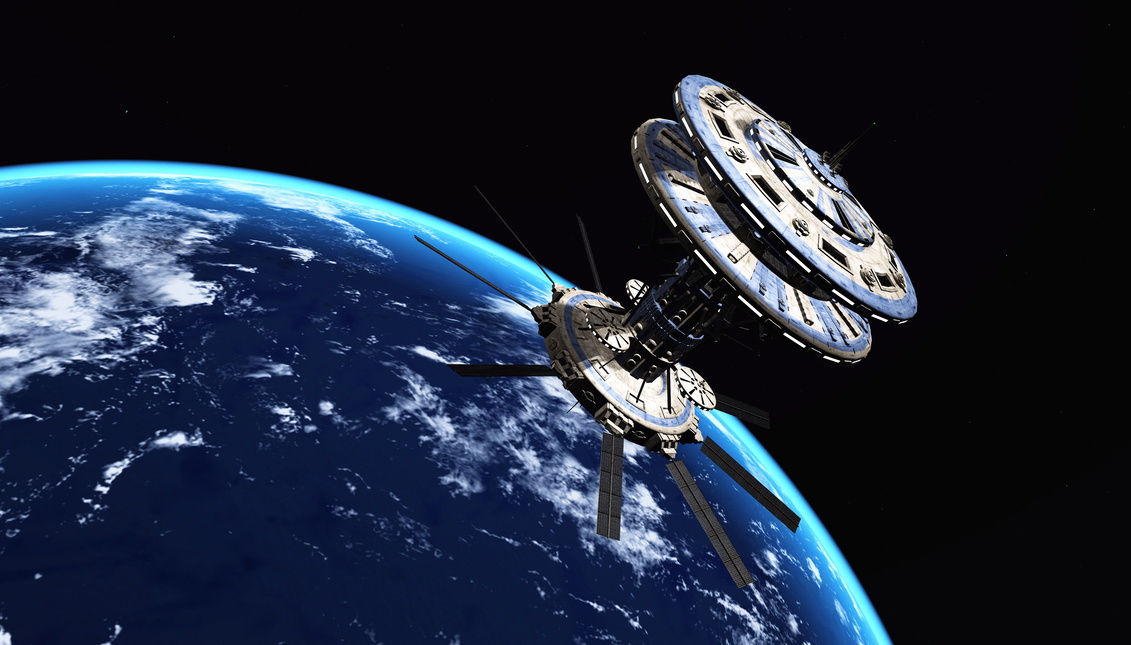
Amazon announces the start of the Kuiper Project by 2022
Through a number of satellites, tech giant Jeff Bezos plans to offer the fastest internet service on the planet.
Jeff Bezos' dream of conquering space and taking advantage of its more than fertile “ground” to extend his empire is beginning to take shape.
In addition to the press generated by suborbital flights from his company Blue Origin, now the technology giant is getting ready to launch the Kuiper Project.
Through this new space adventure, Bezos plans to put 3,236 satellites into orbit to transmit high-speed Internet, a process that would start in the last quarter of 2022 when the first two are set to launch. The news come after Amazon partnered with mobile service provider Verizon to expand 4G and 5G coverage in areas with poor service.
Amid proceedings to advance the experimental launch before the Federal Communications Commission (FCC), Amazon announced that the two prototypes, called KuiperSat-1 and KuiperSat-2, will be launched on ABL Space Systems rockets with the support of United Launc Alliance (ULA). In them, subsystems for phased arrangements, parabolic antennas and modems with exclusive design will be transported.
The satellites, which will move in low Earth orbit, will be launched into a circular orbit 590 km high and communicate with a ground station in Texas every 10 minutes.
RELATED CONTENT
Company spokespeople have expressed their eagerness to start the new adventure, relying on the new technologies they have developed and aligned with cost and performance objectives, which has allowed them to carry out successful trials to be tested in the near future in space itself, which they describe as a complex and challenging environment.
One of its allies, ABL Space Systems, also seeks to become a benchmark for the launch of modules and will debut later this year with the launch of its first RS1 rocket from Alaska.
Amazon has made a commitment to be a responsible steward of its resources, both on Earth and in space. This is in regard to the subject of orbital debris, an issue that poses a risk of objects that fall dangerously from the sky, and which the company has ensured their satellites will be programmed to desorbite and burn in the atmosphere after completing their useful life.
Likewise, taking in account the valid and constant criticism of the astronomical community, which accuses these satellites of making it difficult to observe in the night sky, Bezos' company assures that it is working to reduce its visibility by means of one of the technologies that will be tested with Kuiper. It is a set of sunshades installed on the satellites, with which it is projected to reduce reflectivity. Blue Origin competitor, SpaceX, has launched more than 1000 satellites with umbrellas into orbit.
For his part, Bezos announced an initial setback in Federal Claims Court.
Not the decision we wanted, but we respect the court’s judgment, and wish full success for NASA and SpaceX on the contract. pic.twitter.com/BeXc4A8YaW
— Jeff Bezos (@JeffBezos) November 4, 2021











LEAVE A COMMENT: